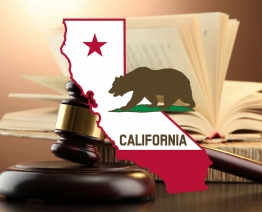As an employee in California, you have the right to access your personnel and payroll records from your employers. This information is important to have for a variety of reasons, including verifying the accuracy of your employment history, determining your eligibility for unemployment benefits, and ensuring that you received proper compensation for your work.
Here are the steps to request and obtain your personnel and payroll records from an employer in California:
- Review the California Labor Code. The California Labor Code provides employees with the right to inspect and receive a copy of their personnel files.
- Write a Request Letter. Draft a written request for the personnel and payroll records and send it to your employer by certified mail. Your request should include your full name, address, and telephone number, as well as the dates of your employment and the name of your employer, if it is to a former employer.
- Wait for a Response. Your previous employer has 21 days from the date of receipt of your request to provide you with pay records, and 30 days to provide you with your personnel file.
- Review the Records. If you receive the requested records, review them carefully to ensure that they are complete and accurate. If there are any errors or omissions, you may request that they be corrected.
- Consider Seeking Legal Assistance. If your previous employer refuses to provide you with your personnel and payroll records, or if you believe that your rights under the California Labor Code have been violated, you may want to consider seeking legal assistance from a qualified employment attorney.
Obtaining your personnel and payroll records from an employer in California is a straightforward process that can be accomplished by following the steps outlined above. However, if you encounter any difficulties or need assistance with your request, consider seeking legal advice from an experienced employment attorney. Feel free to call LaGuardia Law for a free consultation.






